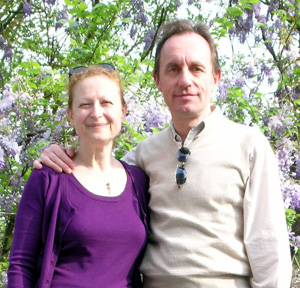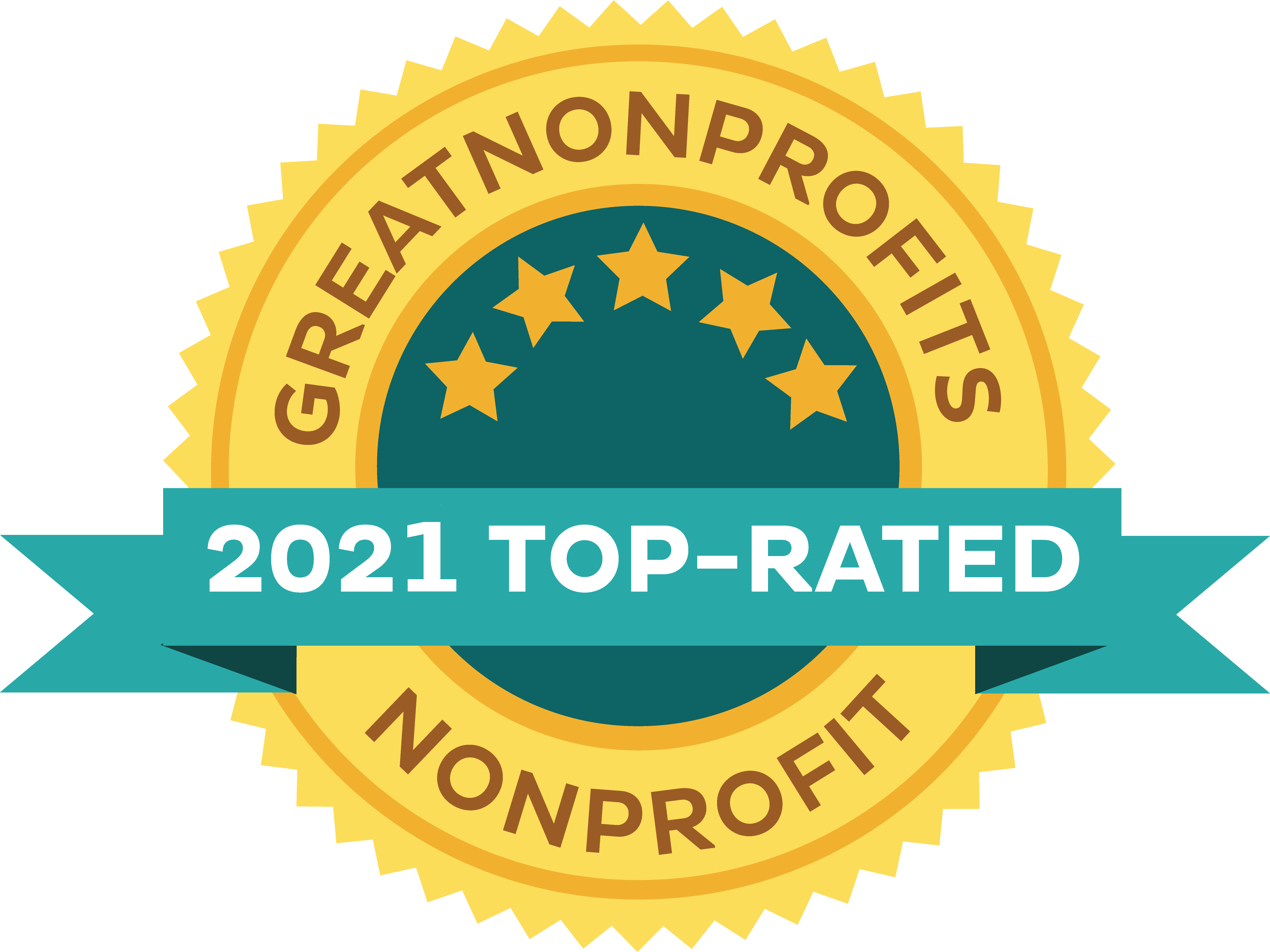Alain Touwaide, Scientific Director
The Institute for the Preservation of Medical Traditions is the accomplishment of a long personal history. Born in a family of pharmacists, I obtained a first degree in Classics. Since I wished to start an activity as a researcher, I was suggested to explore ancient Greek pharmaceutical texts in a time when such documents were all too often considered as missing any scientific value. I could not believe that ancient cultures produced and preserved with such perseverance a knowledge that had no therapeutic efficacy. This was the starting point of a quest that led me through an unconventional itinerary from the Department of Classics in my Alma Mater to laboratories of Botany, Sciences, Medicine, and Pharmacy in universities and research centers across the world, trying to reconstruct the lost knowledge of which the ancient texts are fragmentary testimonies.
 A risky intellectual odyssey crossing many traditional boundaries and sometimes located in the interstitial space between the tectonic plates of academic disciplines gradually transformed into a field of its own whose strategic importance only begins to appear. Confronted with many challenges, early-21st century medicine is getting a glimpse that ancient traditions are an untapped and almost infinite resource for new discoveries. A lifelong dedication and the many many sacrifices of all kinds it required has prepared me to meet this challenge, thanks to the material patiently discovered, scrutinized, accumulated over more than three decades and recently transformed into digital images and texts, and also computational databases.
A risky intellectual odyssey crossing many traditional boundaries and sometimes located in the interstitial space between the tectonic plates of academic disciplines gradually transformed into a field of its own whose strategic importance only begins to appear. Confronted with many challenges, early-21st century medicine is getting a glimpse that ancient traditions are an untapped and almost infinite resource for new discoveries. A lifelong dedication and the many many sacrifices of all kinds it required has prepared me to meet this challenge, thanks to the material patiently discovered, scrutinized, accumulated over more than three decades and recently transformed into digital images and texts, and also computational databases.
However, the importance of the challenge together with the time that has passed, require to expand a personal activity into a larger effort, and to have the task carried over to the next generation. This is the Institute for the Preservation of Medical Traditions, which is actually much more than a personal dream become reality: it is the embodiment of many encounters, repeated departures and missed opportunities or, instead, surprising discoveries, new faces and unforeseen contributions; the common good of the innumerable volunteers who believed in the adventure and helped create a new knowledge; a new compound born from unnatural mixtures, from classical languages to medicine and computational methods, and—maybe more than anything else—an intellectual venture of anthropology applied to history that brings back to life the informants who wrote down the supposedly dead texts laying on the shelves of libraries and often no longer open after their owners closed them centuries ago.
Emanuela Appetiti, President and CEO
I have been interested in Sociology and Anthropology since high school, so my ideas were already very clear when the moment to choose at the university arrived. The first one to attend university in my family, I felt I could not fail. Concerns about the choice of such discipline (a new topic in those years in Italy), which from outside appeared nebulous and almost a waste of time (especially when compared with political sciences or economy) were the subjects of many a conversation at home. Nevertheless, I enrolled in and never regretted it! My interest in nomadic cultures, especially hunter-gatherers, raised quite early and almost immediately I focused on Australian Aborigines. When I decided to specialize on this subject, my supervisor asked only two questions: "Is your English comfortable?" and "Are you ready to leave Italy, as here literature on this field is scanty, to say the least?", to both of which I replied "Yes, sure!".
Several stays in London, spending long hours studying at the Museum of Mankind, only deepened my interest in this subject. The Australian Embassy in Rome proved to be a wonderful resource to find the proper contacts in Australia who sent me literally tons of documentation (no internet or email at that time!) at such a point that once the postman couldn't refrain to ask my mother: "What's happening between your daughter and Australia?". That documentation formed the core of my thesis and it is still part of my library on this subject. For economical reasons, I was able to finally visit Australia only after my degree: this was the occasion to meet most of the people who helped me in my research, and to establish new relationships, which continue to these days, facilitated now by internet.
At that time, my interest revolved mostly around Aboriginal contemporary issues, among others health issues. This led to study more in depth their traditional medicine, which coincided with meeting Alain Touwaide whose scholarship in history of medicine and pharmacy in the Mediterranean was already a matter of fact. Researching with Alain brought me back to my own roots: the Mediterranean with all the traditions that flourished around this beautiful sea. Since then, I have been dividing my interests and research between these two geographica areas, happy for every occasion that brings me Down Under, however!
Moving together all around the world hasn't always been easy, and sometimes required to make tough decisions, but it has been always rewarding, and so intellectually intriguing not to pursue on the path opened together, let alone the opportunity to learn a new language, meet new friends, taste new food at every move. Researching at the Smithsonian Institution, in Washington, DC, allowed us to create our own institute. In mid-2016, after almost 14 years at the Smithsonian, we left the Natural History Museum and moved our research activity (and our ever growing library!) to the Huntington's Brody Botanical Center, in San Marino, California, not far from Los Angeles. We thought the West Coast and such a perfect place like the Huntington would be our final destination, but several circumstances, first and foremost the Pandemic, did not allow us to continue our scientific activity there. So, in 2021 we returned to Washington, DC. Our library and archives are in storage, while we continue our search for a new academic home...


